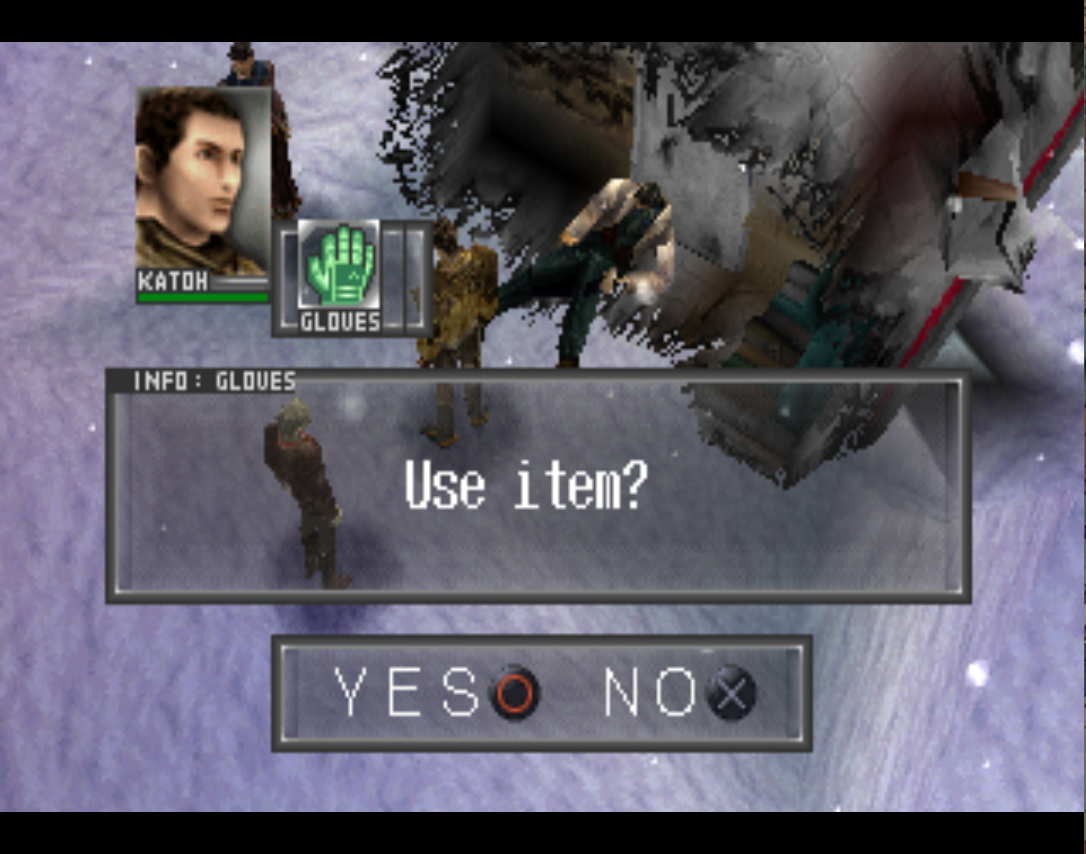
I'm not used to "what if" stories about South America in games besides the usual "what if south america was evil and needed liberty" type beat like Wildlands. This is not unique to games as I had to suffer to a bunch of war propaganda in books and movies and never understood the function of them...
Until I played Aconcagua.
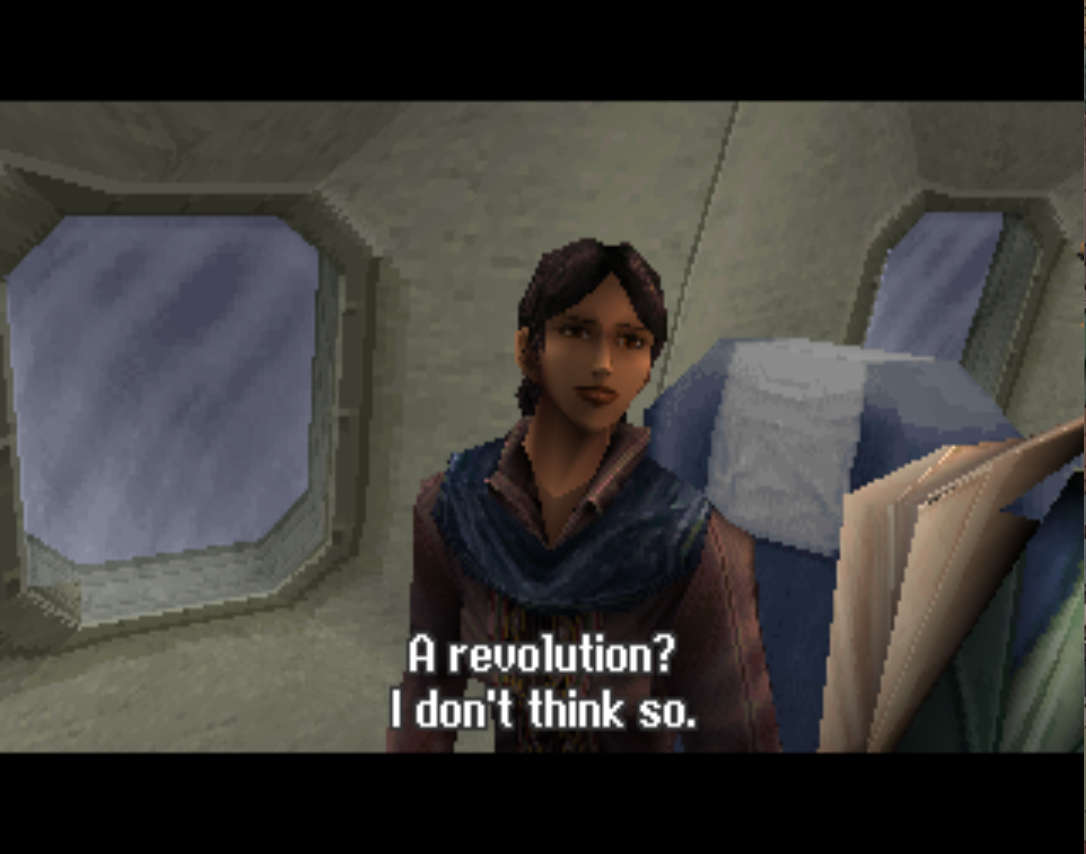
Aconcagua is definitely not war propaganda, or propaganda at all, but it created a possibility in my mind that was so far fetched before that - in my head - the idea was never possible and only a concecuence of how things are.
But a little context.
Aconcagua is a point and click game for the PS1 that follows the assassination attempt on Pachamama, the revolutionary leader against the military oppression of the fictional nation of Meruza. While in a plane back to Meruza a bomb explodes crashing the plane and Kato, a journalist and protagonist of the game, Pachamama and 3 other survivors of the crash are now stranded on the Aconcagua mountain. They must work together using their abilities as the military is trying to silence them by any means necessary. They eventually get back to the revolution and Pachamama leads them to overthrow the dictatorship.
As a game, Aconcagua is a fun p&c game, using each character as part of the puzzle were everyone has different abilities. Pachamama for example is the only one that knows spanish or Steve can work computer systems and engineering tasks. Language is an important part of the game, no one speaks spanish besides Pachamama, so they are basically illiterate on a hostile environment and to add to the illusion the game is on 3 languages, english and spanish for voices and japanese for text.
I played this game back in the early 2010s with a japanese dictionary and I started to wonder. "Maybe the indigenous people could have a righteous country". Even tho there's no intention for the creators to make this game more than a B-movie, theres a lot of fiction that infatuated this idea.
The obvious one is Pachamama and the country of Meruza, situated in between Chile and Argentina inside the Patagonia zone. Pachamama means "mother earth" in quechua, an andina deity representing the earth, fertility and creation, considered the mother of the earth and creator of mountains. Meruza is a wordplay on Mendoza, the argentinian region where the Aconcagua Mountain is.
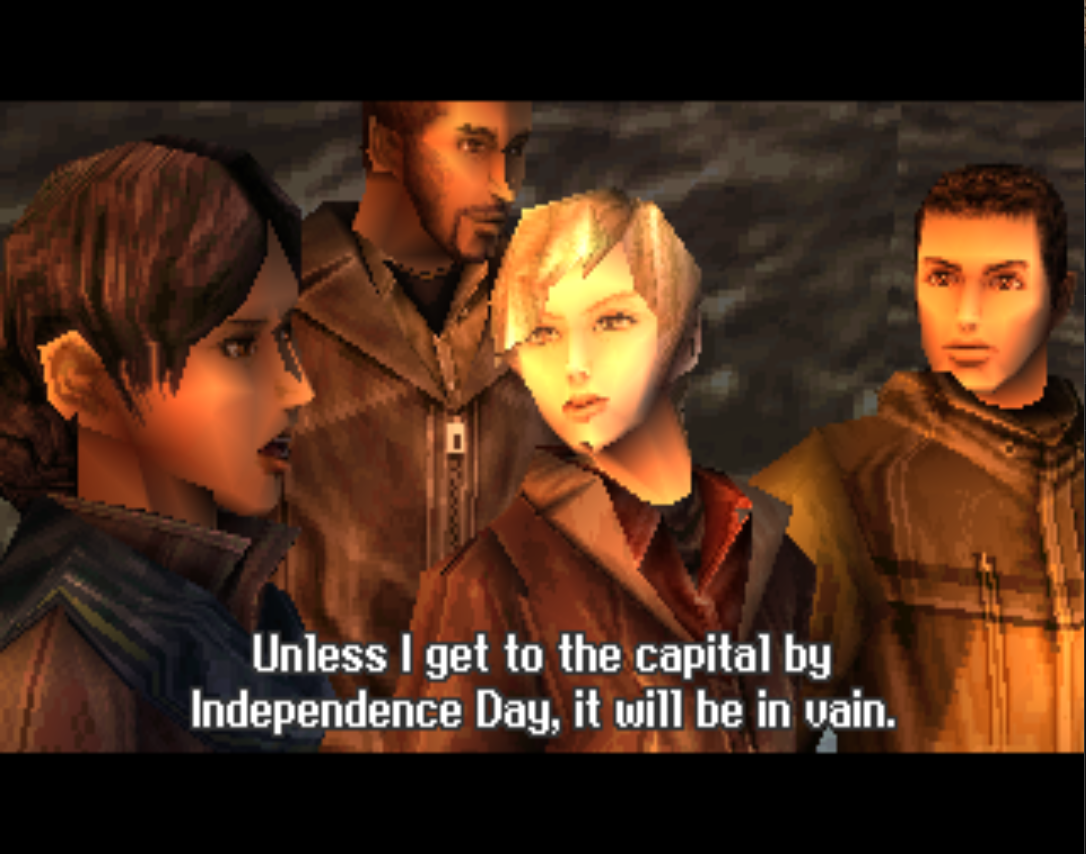
The idea that if Pachamama is not there, the uprising will be doom was an allegory (for me) that we need our identity and roots (Pachamama being a clear indigenous upbringing) or we will never truly be free of the pressure of the colonist and imposer.
The idea of a dictatorship inside a country of latin america is sadly not a crazy notion to most of the countries with all the countries surrounding Meruza (Chile, Argentina, Bolivia, Perú) having some recent history with military coups. They all also have a complicated relationship with their indigenous people nowadays being Bolivia the only one that acknowledges their indigenous people as countries inside it.
Argentina, the place were the game takes place has a history of genocide of it's indigenous people, were the ones that were not killed were turned into slaves or guinea pigs for science. On the other side of the mountain, Chile has been on a decades old armed and political conflict with the Mapuche about territory, they lived in the country of Wallmapu before the arrival of the Spanish colonist. The Wallmapu is situated bellow the aconcagua to the south from coast to coast in Chile and Argentina.
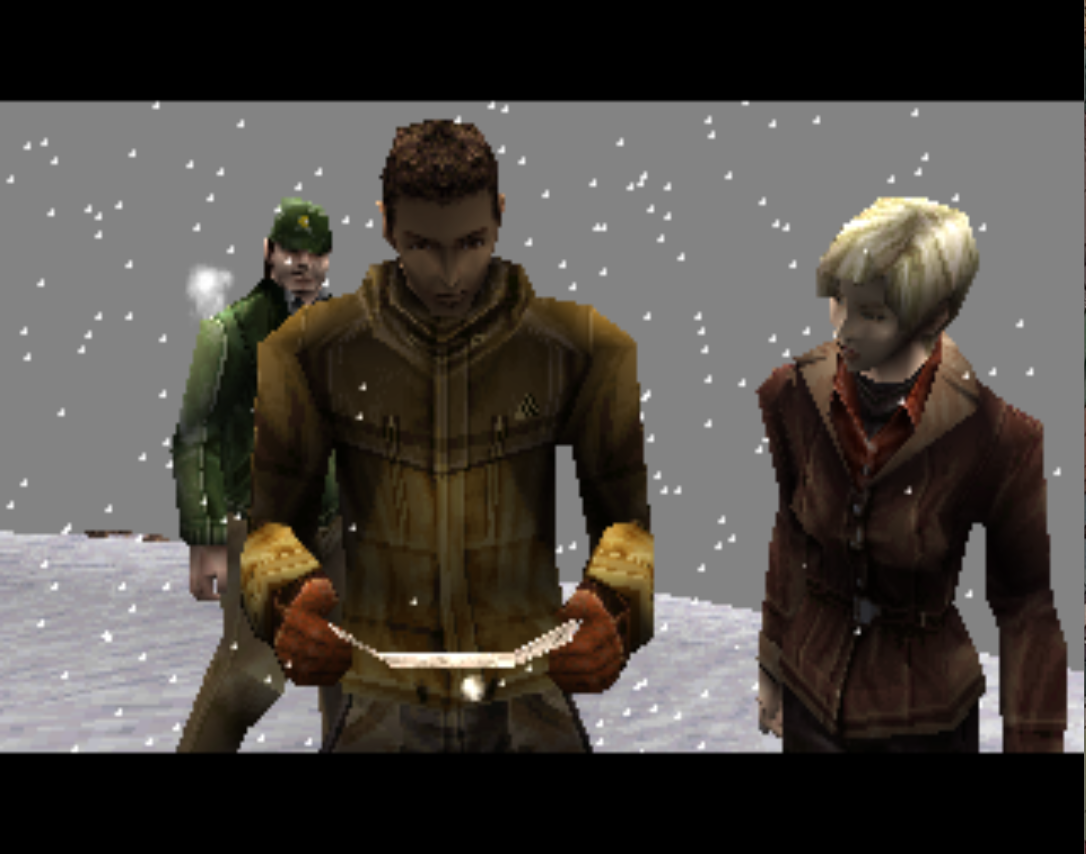
When I was in school my history teacher told me some crazy lies like "Argentina tricked Chile into giving them the Patagonia Zone in exchange for not participating in the Pacific war (the other one)" or "Since the Mapuche were illiterate and dumb they got legal possession of their lands only by a hand shake since they did not know how to sign". This idea of the other as an evil trickster or a complete idiot annoys me to hell and back and the representation of the indigenous person as this magical being that will save us all also annoys me.
That's why Aconcagua feels so real. It's not talking about the mapuche, or inca, or quechua or whatever other indigenous culture. It doesn't even state that the uprising is an indigenous one besides the name of Pachamama. The fact that Dictator betrayed the old President even tho he was his friend it's just a common coincidence in Dictatorships and the Meruza flag only looks like the french patagonian flag.
But every piece in there makes me think that maybe there's an end. That all this generational pain and suffering will end in something and not just delve into more pain. That somehow, someday it will be possible to stop the conflict and look to the other side and I wonder...
Is this what propaganda feels like?
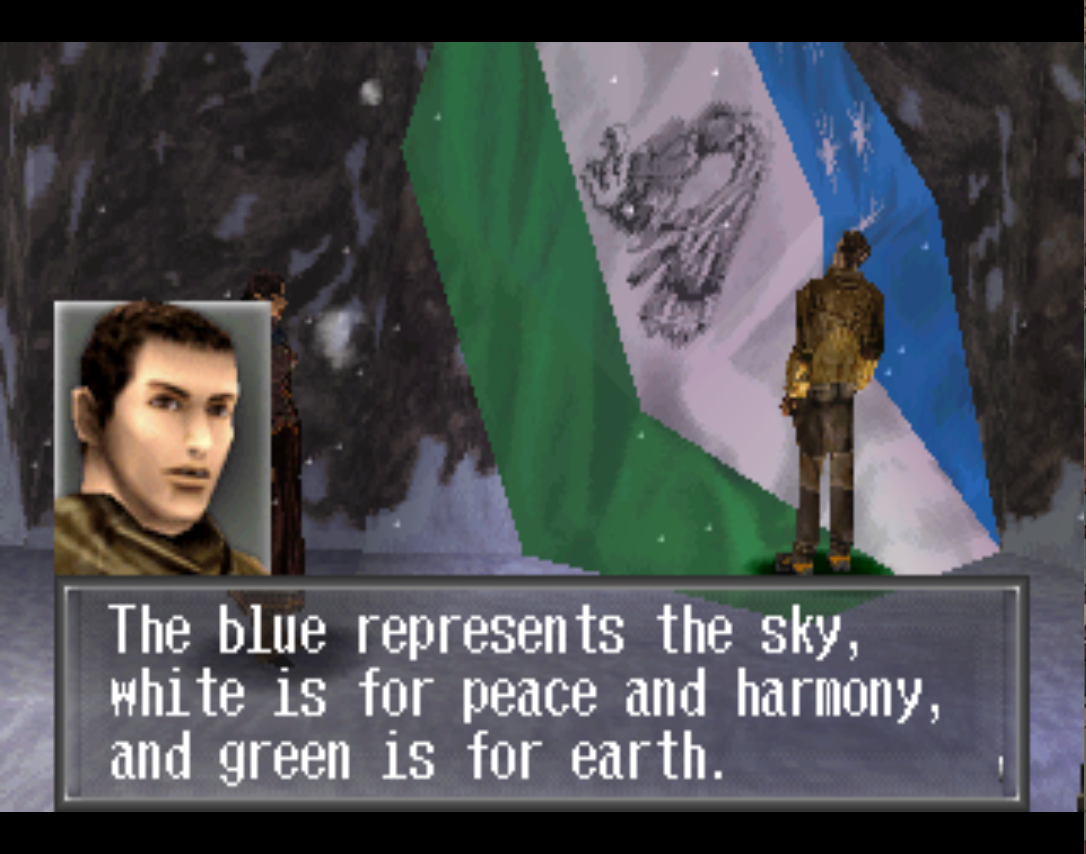
 Home
Home Blog
Blog Gaming
Gaming reading
reading Fav Stuff
Fav Stuff About
About